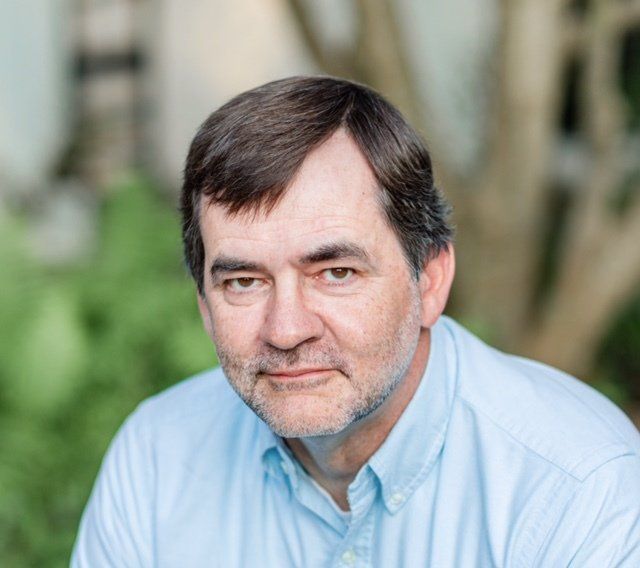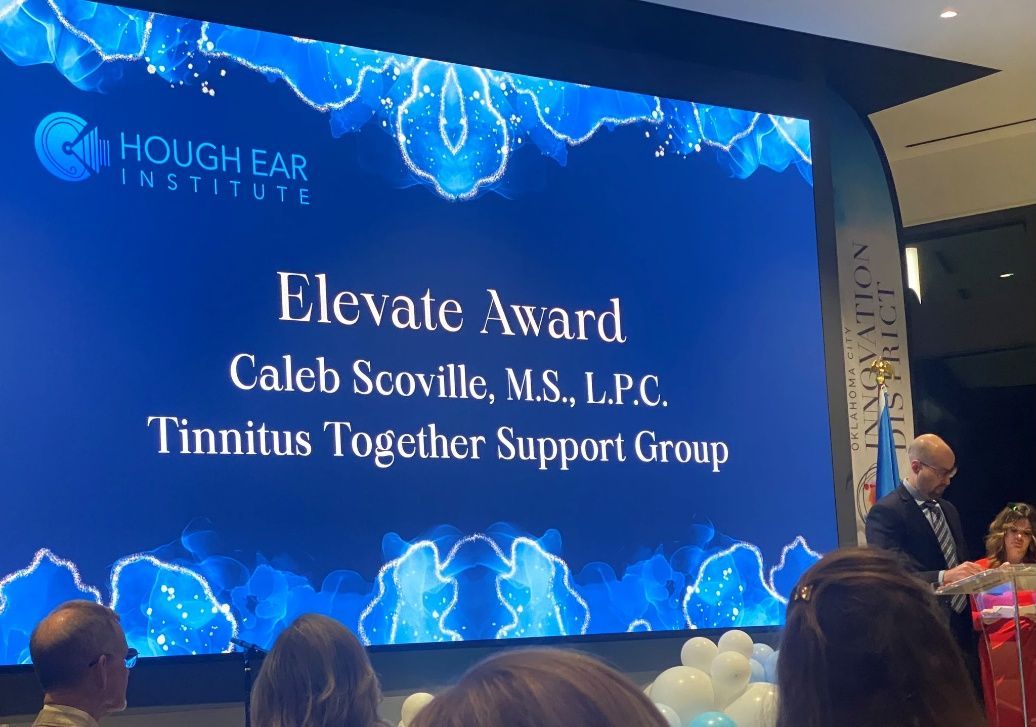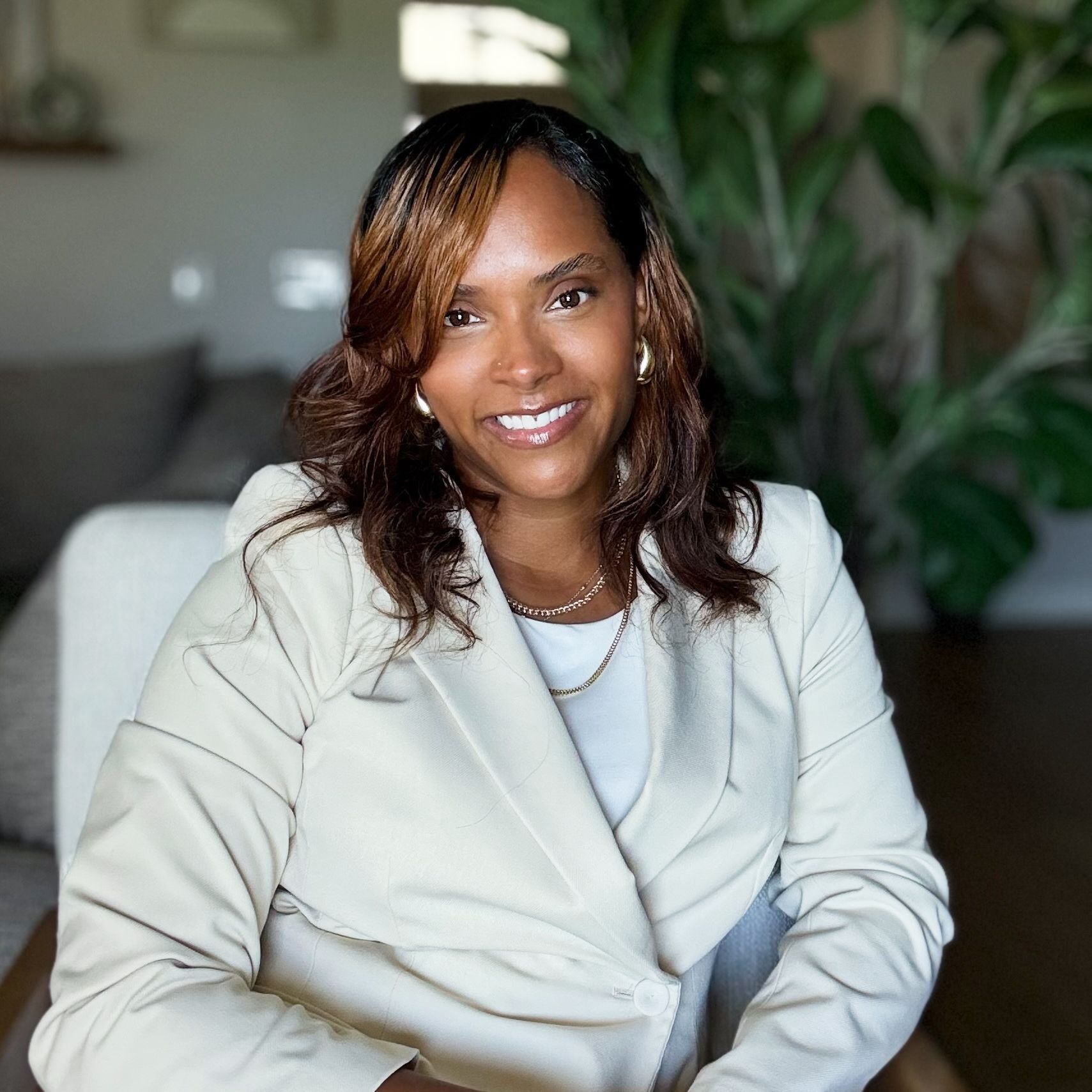Love and Lament in March Madness
As many of you may remember, Curt Thompson, MD, was the Keynote Speaker at TLCC’s Conference in November 2, 2019. Dr. Thompson is a psychiatrist in Private Practice in Falls Church, VA, the founder of Being Known, LLC, which focuses it’s work on the intersection between interpersonal neurobiology, Christian spiritual formation and vocational creativity. He is Board Certified by the American Board of Psychiatry and Neurology. Dr. Thompson has also authored two books, “Anatomy of the Soul” and “The Soul of Shame”. For more reading and resources visit www.curtthompsonmd.com.
Dr. Thompson is delighted to share his most recent essay in our Newsletter. “Love and Lament in March Madness”, brings great insight into the current events surrounding the Covid-19 virus, and it’s effects on us psychologically, neurologically and spiritually. His essay will bless you with the reminder of the opportunities available to us in the midst of uncertain times, while offering some daily steps to take to manage our new “normal”. We have highlighted some of our favorite sections and hope you enjoy it as well!

Love and Lament in March Madness
By Curt Thompson, MD
March 24, 2020
I will alert you now: This post is more like a short essay, as its length attests. But, I hope you will read it in its entirety. I’m guessing you might have more time on your hands these days, although, perhaps not, if you are now homeschooling your children when two weeks ago you weren’t.
It’s the time of year I often look forward to, and that many of my friends do, as well. As a North Carolina Tar Heels basketball fan, the NCAA basketball tournament has often provided joy, excitement, and heartbreak for me. “March Madness,” we call it. Indeed, this year March Madness has found us without our having to look for it, and with no basketball involved. And in response, much of my heart is filled with lament. Lament over so much that has been lost, and more that may be.
But, I have good news. I also have hard news. And, although both the good and the hard are news, none of it is new—at least for us who live two thousand years after Jesus walked the earth. Now, as much as ever, the words of Ecclesiastes have never been truer, where it is written, “There is nothing new under the sun.”
The tsunami has already hit the coastline, and now is continuing to move inland. This is not an essay warning that it’s coming. It’s already here, and you know it. COVID-19 is not new news, although it feels as if each daily briefing brings something new for us to react to. But as it turns out, our reactions that it is evoking aren’t new either, despite our calling it a “novel” virus. I don’t need to tell you that we’re worried, or that we’re afraid. We all know that. That’s certainly not new news. And I don’t need to tell you that what we’re ultimately afraid of is death; that’s not new either—but that may actually be news to us, especially when we look more closely at our interior lives.
I’ll get to the news—the good and the hard—shortly, but first I want to remind us of some things that our moment in time is revealing. As a psychiatrist, I have the privilege of walking with people whose challenges in regulating their anxiety at fundamental neurobiological and relational levels, leads to a host of conditions that are painful and can be quite debilitating. Anxiety, as it turns out, is one of the most primal human distress responses, and, plays an instrumental role in helping us survive, but also in the emergence of many, albeit certainly not all, psychiatric and relational maladies. We become anxious for many reasons, but as I tell my patients, ultimately, the brain is made most anxious not merely by the presence or nature of a difficult or frightening situation. Although circumstances, from mildly distressing to severely traumatic are the vector for our anxiety, the condition that we ultimately fear is that of being abandoned, for indeed as it is also written, “It is not good for the man to be alone.” Much of our life’s activities center around avoiding our awareness of this primal fear.
The presence of SARS-CoV-2 (the virus) and COVID-19 (the disease) in our communities are phenomena that are not just causing anxiety. They are revealing it. They are drawing back the curtain on who we already are. I don’t need to go into all the ways our lives are being and will likely continue to be disrupted by their presence over the next several days and weeks, perhaps, even months or longer. Some of those disruptions are minor; some may be permanently life-altering or life-threatening. And, of course, we immediately want answers to the questions of what we should do. Some of those answers have been provided to address what we know now (e.g., spatial distancing). Some of those answers I will share at the conclusion of this essay. Some of the questions we ask, will be different and have different answers over the progression of the next several weeks as we learn more about the spread of the disease, and learn more about ourselves in the process.
Certainly, the virus and the disease it causes, are real, they are dangerous, and they are “out there,” meaning that they are genuine things that can potentially cause us great harm, not least by harming those we love. And, as such, we are understandably fearful. And to be clear, that we are fearful does not mean we’re weak or stupid. It means we’re human. But, in our anxiety, some time from now it will be easy for us to find ourselves looking in the rearview mirror (as we already are), focusing our attention on what could or should have been done differently—conversations the likes of which will only tend to be traumatic and cause more anxiety. But our deepest problem won’t have been that we weren’t smart enough, or even wise enough. Not that we won’t have learned things. Hopefully we will be wiser. But the virus is a force of nature that simply is not easily reckoned with—and as it enters into our civilization, it comes not only as a wrecking ball; it comes as a floodlight.
And here is where the hard news begins. The virus and the disease, for all of their genuinely disconcerting effects in the world, are not just about an illness that might do horrible things to some of us, including kill us—which it may. We might think that death of that sort—the death of our bodies—is what really frightens us. But here is where the virus is more than a deadly infection—it is also a revelation. For our fear is far more ancient, and far deeper than the fear of our physical mortality. And believe it or not, it is not mostly about a virus. Rather, the virus is shining a bright light on the “heart” of the matter, both interpersonally and neurobiologically, which we see more plainly when we read Jesus’ words,“I tell you, my friends, do not be afraid of those who kill the body and after that can do no more. But I will show you whom you should fear: Fear him who, after your body has been killed, has authority to throw you into hell. Yes, I tell you, fear him. Are not five sparrows sold for two pennies? Yet not one of them is forgotten by God. Indeed, the very hairs of your head are all numbered. Don’t be afraid; you are worth more than many sparrows.” (Luke 12:4-7).
I don’t know if Jesus had pandemics in mind when he mentions “those who kill the body,” but his words are no less poignant for our time. Our brains tend to automatically pay attention to those things that frighten us. Being afraid is part of our makeup; the question is not, will we be afraid; but rather, to what will I direct my fearful attention. And, here is where the good news begins, running right alongside the hard news, and eventually outpacing it. I get the sense that Jesus is telling us to pay attention to God. Not, as in, make sure you do what you’re supposed to do; don’t screw up; don’t make mistakes; in essence, be afraid of God, or else. Or else he’ll send you to hell. Many of us are tempted to believe that that is the God Jesus was talking about; one who, if you are not in some way, enough, will send you to hell. Even if we don’t buy that kind of god theologically, we still can find ourselves feeling that deep in our souls. Either way, that doesn’t sound like good news at all.
That’s why the good news is that Jesus’ words are not about paying attention to God or he’ll send you to hell. No, rather, pay attention to— direct the attention of your fear to—the one who has authority, the one who has authored your life. The one who knows you’re afraid and wants to hear about it and comfort you. The one who never forgets you. The one who, as he said to the prophet Jeremiah, “has known you before he even formed you”; who delights in you; whose thoughts are ever about you; who only has good intentions for you; who is proud of you; who is so committed to your becoming a living, breathing icon of immeasurable beauty that brings life and joy and goodness to all whose lives you touch, that he won’t even allow death to get between the two of you. Not even a pandemic. It is that God to whom Jesus commands us to direct our fearful attention.
Because that God is the only one who can keep us out of hell. The hell that is the mental state of fear of abandonment that we occupy because we are only willing to pay attention to what we are worried about in our shame rather than to the One whose gaze never leaves us, the One who, when we are lost is always coming to find us. And, by extension, we, God’s sons and daughters, we, the brothers and sisters of the King, are likewise commissioned to go and find those who desperately need our gaze, who need to be reminded—as do we—that they are not alone.
This does not mean we won’t feel disappointed, or that we won’t experience great feelings of loss, or even anger, bargaining and acceptance, moving as we will through different stages of grief. And we should feel these things. But rather than be buried by those afflicting feelings, our work is to lament what we have lost. To actively enter into grief with other people. Enter into it in the presence of the God who is with us, and so allow him and others to love us in our loss, looking for God to create new things in the wake of all of our distress.
None of our news about COVID-19 would surprise Jeremiah. He lived at a time when COVID-19 came for the Kingdom of Judah in the form of the Babylonian horde. There was no time or tactic to flatten the curve of the outbreak. Death by the sword. Starvation. Pestilence. And, some would say those were the lucky ones. The vast majority of the rest were marched off to exile, where their very identity as individuals and as a people was threatened with extinction. Although the details are quite different, the essence of our times are much the same. Something has invaded and the prospect of exile—isolation—feels increasingly more present, disintegrating much of what enables us to have a sense of identity. But if Jeremiah were here, he would tell us, again, that none of this is new. And he would tell us that he has good news. Not without lament, but good news, nonetheless.
In the same way that he told the Hebrews to, once in Babylon, settle in, build houses, plant gardens, get married and have children—in short, dwell where they were, he would tell us that instead of being afraid, we would be good to turn our attention—our fearful attention—to dwelling with each other. And, here is where the good news of Jesus is like none other. For the ancient Hebrews, they found themselves in a situation that was completely disintegrating and disorienting, as we are beginning to feel. But, God instructed them to pay attention to what was right before them, most of which was about getting from one day to the next, doing what they could and being deeply connected in their community. Not as a means to isolate themselves from the rest of the world, but rather to bless it. And not without lament, but in the very presence of it. We Christians believe that we have hope in the resurrection of Jesus, and that his Spirit indwells us in order for us to be a beacon of light, an icon of beauty in a world filled with fear. Our hope, ultimately, is not in this age, but the age to come; but being hopeful for that age is what enables us to live confidently, to dwell in this one.
How then, do we dwell in the land at a time of such disconnection and fear? Here are a few steps to take, many of which I am sure you have read elsewhere. My invitation for you is to begin in earnest, if you haven’t already, to put these suggestions into practice as a means of being the community of Jesus:
1. Begin each day by immersing yourself in Scripture, prayer and worship.
With your usual routines of work, school and relationships being disrupted, it will be easy for the activity of your own, isolated mind to be that which you pay the most attention to. When that happens, anxiety and rumination are free to do their thing. Instead, allow this to be a time in which you give God even more opportunity than usual to have access to your heart and mind.
2. Practice, especially reflective/contemplative habits:
As part of the beginning of your day, include time for meditation, prayer and/or simple exercises that you can find here:
https://curtthompsonmd.com/reflections
Take three minutes at least three times each day to breath slowly.
3. Call or video chat with at least 2 to 3 others whom you love each day.
If possible, call different people each day. These can be helpful and effective even if brief.
4. Inquire how others are feeling; but, tell them your genuine feelings as well.
It will be easy to ask others, but perhaps less so for us to tell others what we feel. One of the ways we give others a sense of purpose is by giving them the opportunity to comfort us.
5. When connecting with people, refrain from conversation that blames others or merely complains about what others are doing wrong or not doing right.
This type of conversation tends to be traumatizing in and of itself, and only heightens our anxiety.
6. Limit the amount of news you consume.
Instead, unless you are busy with work at home, make it a practice to read good literature or engage in creative work (see No. 8).
7. Refrain from social media scrolling.
Indulging in this only enhances our anxiety while making us more distractible. Whereas, refraining from it creates space to direct our fearful attention to God and others.
8. Plan for artistic endeavors.
Whether this is on your own or with family members, plan to spend some time each day if possible engaging in creative activity. This could be as simple as playing games with family members, drawing, painting, playing an instrument, or learning a new skill online. Actively practicing creative endeavors prevents our becoming anxious and strengthens our emotional resilience.
9. Food.
It will be easier to eat poorly, but out of anxiety and our schedules being upended. Plan for three meals and healthy snacks; but resist the temptation to graze and/or binge in response to boredom.
10. Physical Exercise.
Ideally, plan to go for a ten-minute walk two to three times a day. When isolating to our homes, our immobility tends to prime us to be more anxious. More frequent physical movement, if only for brief periods of time give us a greater sense of agency and protects us against anxiety.
11. Sleep.
Plan to get a healthy amount of sleep, and plan to put your phone on “Do Not Disturb.” Be sure to turn off all screens at least one hour before you retire for the night. Instead of screens, again, make plans to read. (See No. 12)
12. Keep a daily lament/gratitude journal.
At the end of each day make a habit of handwriting a brief lament about what has been hard about your day; and then list at least three things the day offered to you for which you are grateful. Plan to share these with one or more of the people with whom you will be in contact the next day.
13. Plan for regular, weekly communal worship and teaching with your community of fellow believers, via either an online platform or small gathering (fewer than 10, keeping proper distance, and only in accordance with local guidelines; should your community recommend more stringent quarantine, by all means obey those recommendations).
We need contact with the worshipping community in which we are fed the bread of life. We become what we pay attention to, and we pay attention to what we hear from those with whom we are most deeply connected. In this time of disintegration, we need to be as closely in touch as possible with the family of faith who will help us remember the story in which we believe we are living. A story that at the end of the day is not determined by a pandemic. It is determined by our Lord Jesus.
It is difficult for the brain to attune to others when it is afraid; but, counterintuitively, when we practice paying attention to others, our fear dissipates. When we look for others with the intention to connect, we disallow anxiety from taking up residence within us. Rather, we are taking up residence within each other, and so foster our deeper awareness of God’s presence within and between us, even if we are no closer than six feet apart. And, in that way, we are even more able to create the proper responses we will need to mobilize on behalf of our neighbors, especially the most vulnerable, in the coming days, weeks and months. In this time of lament, this is how we, the church, loves. Loves each other and our neighbors.
In the madness of March 2020, we are the hearers and bearers of good news, even when other news is hard. Today, in the presence of your lament, I invite you to direct your attention’s fear to God and each other, and watch the plans that God has for us unfold, “plans for welfare and not for calamity, to give you a future and hope,” in this age, or the age to come.






